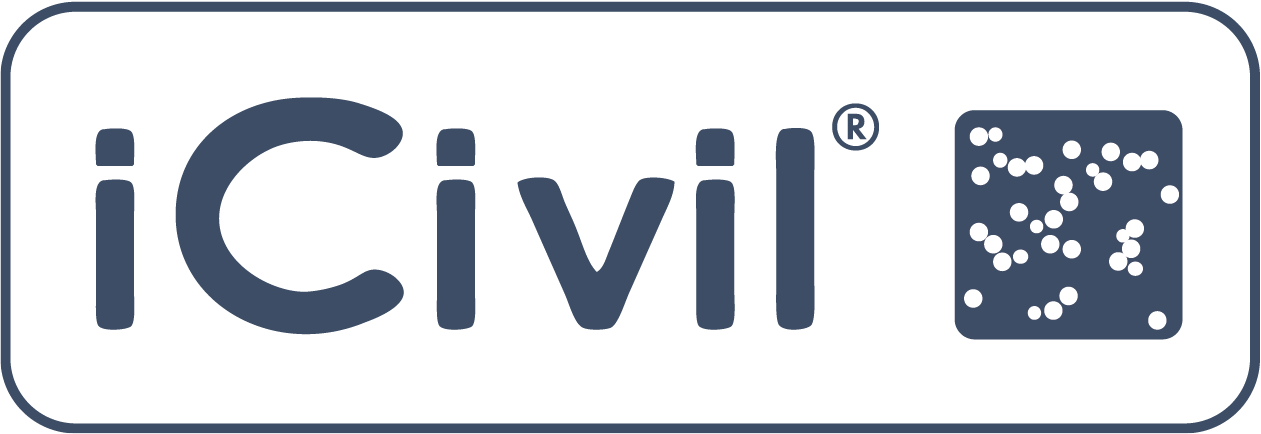Where a Humanitarian Crisis Meets a Revolutionary Technology
In 2010, the Co-Founder of iCivil, Adama Sawadogo was approached to build a school in his hometown. When the school finally opened, he was disturbed to find out that only a handful of the pupils had birth certificates. This explained retrospectively why his hometown didn’t have a school! But he was even more shocked to find out that over half of Africa’s children are not registered at birth and therefore are deprived of any legal existence.
In fact, UNICEF estimates the number of “ghost children” to be over 230 million. This situation exposes these children to marginalization and the worst possible risks. The lack of legal registration impedes emerging countries from economic growth, because if individuals do not exist legally, they cannot join into their country’s economy, let alone travel, vote or get healthcare.
Adama, who was profoundly saddened by this situation decided go on a mission to find a solution to this conundrum. During a trade show, he noticed the Bubble Code made by Prooftag, a French Hi-Tech Company. Francis Bourrières, the founder, was there to present his technology to certify the authenticity of official documents. Adama pointed out that there wasn’t much point in issuing authentic documents if they were going to be distributed to people who don’t exist.
So this is how it all began: Francis and Adama initiated their first conversation about the objectives of civil registration. Six months later, the first prototype of Adama’s dream was designed in Prooftag’s R&D department.
